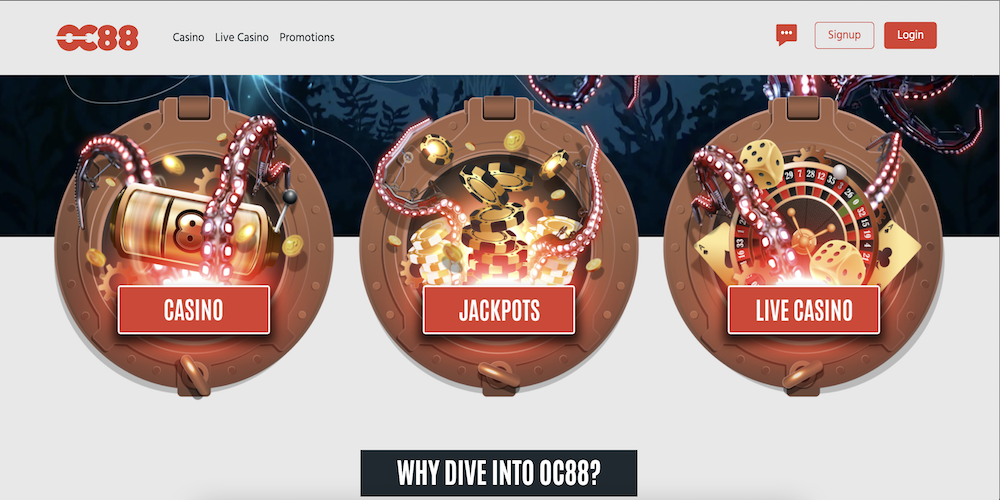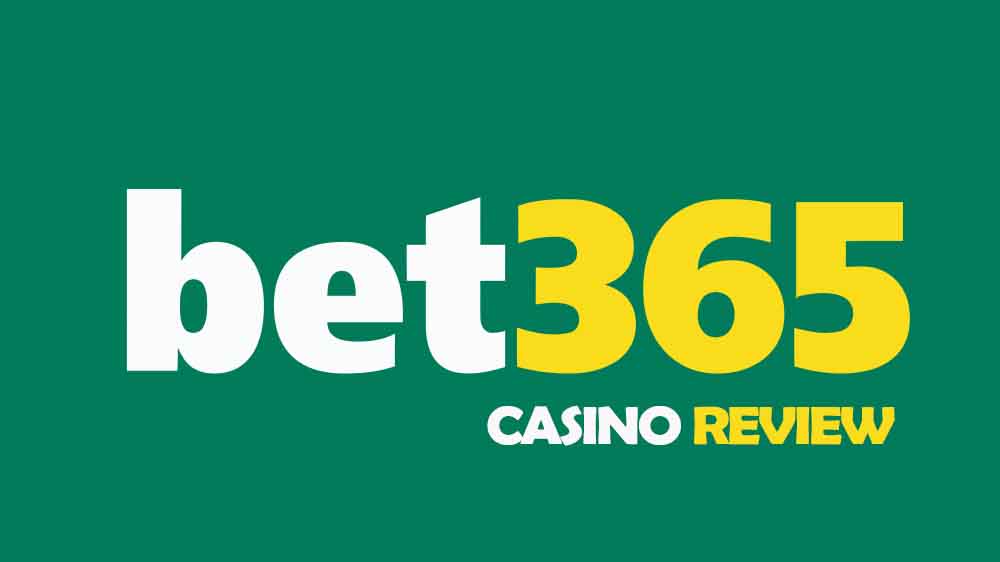Reasons Why Folding In Poker Can Help You Win Online

Why Folding In Poker Matters
For many, folding in poker is often seen as surrendering and admitting defeat in a particular hand. However, the decision to fold goes beyond mere emotional reactions to a weak hand. It is a crucial component of a comprehensive long-term strategy. Some types of poker players tend to fold too frequently, while others rarely fold at all. Finding the optimal balance can be challenging, even for seasoned professionals who have made regrettable fold choices.
The Significance Of Folding In Poker
Whether you are playing for leisure with friends or participating in high-stakes poker tournaments, it is vital to comprehend the significance of folding in poker, when it is appropriate to fold, and when it is not. To assist beginners, here is a guide to mastering the art of folding correctly in poker.
Folding In Poker Is Part Of The Game Strategy
At its core, folding in poker involves discarding your cards and conceding the current round. Imagine yourself at the table, evaluating your hand, and reaching the conclusion that folding is the appropriate choice. You place your cards face-down on the table or gently push them toward the dealer, indicating your decision to surrender. While folding may seem disheartening to novice players, seasoned professionals understand that it is an integral part of a larger strategic approach.
The Correct Etiquette Of Folding In Poker
Although playing with weak hands may leave you feeling defeated, it is important to resist the temptation to immediately toss your cards into the discard pile. Prematurely folding in poker out of turn is considered inappropriate when playing at a poker table. To avoid disapproving glances from fellow players, patiently wait for your turn to act. Folding too early reveals valuable information to those who still have the opportunity to make decisions. They become aware that there is one less player in the game, influencing their choices to call, raise, or fold.
Be Patient
The process of folding in poker online at a casino like Bet365 Casino differs slightly as you can pre-program your fold action based on your cards. However, when playing at a live table, it’s important to exercise patience and wait for your turn to act. When you do choose to fold, it’s best to keep it straightforward. Place your cards face-down and slide them forward, allowing the dealer to easily collect them. You can also verbally announce your fold, using clear words like “I fold” to ensure there is no confusion.
Don’t Reveal Too Much

It’s crucial not to reveal your folding in poker hands when discarding them. Exposing your cards while throwing them in may lead to the dealer giving you a warning or even excluding you from the game if you persist. There is an exception to this rule, though, which is when all opponents have finished their plays. Referred to as a “hero fold,” you may show your cards after the river card has been dealt if it’s down to you and one other opponent who has gone all-in. In this situation, folding and revealing your hand is considered a courteous gesture to let your opponent know how close the game was.
Determining When to Fold
Now that you understand folding in the poker process, let’s explore the factors that influence your decision to fold. Deciding when to fold goes beyond relying solely on intuition. Skilled players incorporate mathematics, psychology, and strategy into their decision-making process. Here are a few key aspects to consider when determining whether to fold or not.
Focus On The Betting patterns
Analyzing your opponent’s betting ranges is of utmost importance when making decisions in poker. By closely observing their potential hands and studying their betting patterns, you can gain valuable insights into their likely choices. Pay attention to the jackpot winning tips and tricks of how they have played their hands thus far. This should also include the hands they have folded and the bets they have placed. Also, any bluff attempts they have made. This information will enable you to make informed judgments and anticipate their future moves.
Evaluate The Pot Odds
Additionally, consider the pot odds, equity, and Minimum Defense Frequency (MDF). These are crucial in your decision-making process. Evaluating pot odds in relation to your opponent’s bet size is essential before folding. Understanding your pot odds helps you determine the percentage of the time you need to make the correct call. For example, if your opponent makes a bet that is equal to the size of the pot. Then you would need to make the right decision approximately 33% of the time to have a profitable outcome. Having a firm grasp of these odds empowers you. You’ll then make well-informed choices about whether to continue playing or fold.
What Is Minimum Defense Frequency?
Many players rely on pot odds to assess the profitability of calling based on the equity or likelihood of winning with their hand against their opponent’s range. The underlying principle is simple: if your hand doesn’t offer a profitable call, you should be folding in poker. This approach appears sensible. But in most cases, additional considerations come into play beyond mere equity calculations. There may be instances where you need to make a call. Even if your hand doesn’t meet the equity requirements. This concept is known as the Minimum Defense Frequency (MDF). This is particularly useful when facing unfamiliar opponents. To calculate the MDF, you divide the amount you need to call by the size of the pot and then multiply the result by 100 to obtain a percentage.
- For instance, if your opponent bets $50 into a $50 pot, the calculation would be $50/$100 x 100 = 50%.
In this scenario, you would need to defend 50% of your range against the bet to avoid being exploited. Nonetheless, reading the game extends beyond mathematical calculations. In fact, it’s essential to rely on your other skills to determine your folding in poker frequency, rather than relying solely on MDF.
Strength Of Your Hand

Understanding the strength of your own hand is crucial in deciding whether to continue playing or when you should be folding in poker. It is important to avoid folding strong hands with high winning potential. However, it is equally important to be mindful that skilled opponents can take advantage of you. Especially if you consistently play every strong hand. Conversely, identifying a weak hand early and folding it before the flop can prevent potential losses. Players who adopt a “Game Theory Optimal” (GTO) approach can develop this skill by following established jackpot winning strategies and making decisions based on mathematical principles.
Analyzing Your Opponents
In any poker game, it is crucial to have a profound understanding of your opponents. By closely observing their playing style and habits, you can adapt your strategy accordingly. Paying attention to their tells, those subtle cues that disclose their intentions can give you a significant advantage. Exploiting these tells allows you to identify when your opponent is bluffing or holding a strong hand. Thus enabling you to make better decisions and avoid challenging situations. Utilizing your observational skills becomes a key factor in gaining an edge at the poker table.
Optimal Folding In Poker Frequency
As a general rule, it is often suggested folding in poker should be approximately 30% of the time on average. This guideline seems intuitive since the more you fold, the fewer opportunities you have to win the jackpot online. However, the specific percentage can vary significantly depending on when you fold, whether it is preflop, post-flop, or on the turn. What truly matters is finding the right balance, as it is crucial for overall success. Let’s delve into the reasons why folding too often should be avoided. And also discuss the appropriate fold frequencies for different stages of the game.
Excessive Folding In Poker

In reality, many players initially adopt a hyper-aggressive approach and are seldom folding in poker, calling most hands. This unrestrained aggression eventually becomes exploitable by more experienced players. Thus leading to a swing towards folding excessively. While this defensive style may appear sensible, as it preserves your stack for stronger hands, folding too frequently exposes you to various risks.
Diminishing Your Equity
In the game of poker, every hand possesses a certain degree of equity against your opponent’s betting range, even if it may not be exceptionally strong. When you decide to fold, you surrender that equity. Thus allowing your opponent to claim a larger portion of the pot than they should. Waiting for a substantial equity advantage at an online casino like Bet365 Casino is not always feasible. Even if your hand only holds 25-30% equity, it can often be sufficient to warrant continuing in the game. However, much depends on factors such as the bet size and your opponent’s betting range.
By acknowledging and taking into account the equity inherent in your hand, you can make more informed decisions. You can also avoid unnecessarily relinquishing potential winnings. Therefore, it is important not to be too hasty in folding in poker. Especially if your hand has a reasonable chance of success based on its equity.
Becoming A Target Of Folding In Poker
If you choose to stay in the game only when you possess a strong hand, you will find yourself folding in poker the majority of the time. Other players at the table will catch on to this pattern. They will begin bluffing you more frequently. By consistently waiting for strong hands, you become vulnerable to bluffing. In doing so, you’ll miss out on winning numerous pots. This is not the best method to increase your jackpot winning chances.
bet365 Casino is full of jackpot slots. Check it out on your own!














